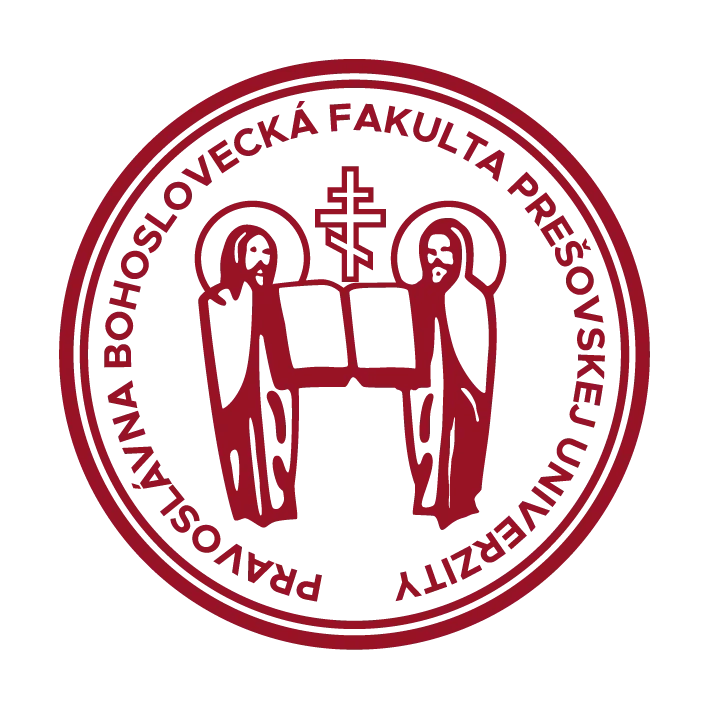KOCVAR Vladimir - Acta PATRISTICA, volume 13, issue 27/2022
CANON 28th OF THE IV. ECUMENICAL COUNCIL AND IT´S COMMENTARY BY ORTHODOX CANONISTS
/28. PRAVIDLO IV. VŠEOBECNÉHO SNEMU A JEHO VÝKLAD PRAVOSLÁVNYMI KÁNONISTAMI/
Vladimir KOCVAR
assistant professor, Faculty of Orthodox Theology, University of Presov, Masarykova 15, 08001 Presov, Slovakia, vladimir.kocvar@unipo.sk, 00421517724729, ORCID: 0000-0003-0460-3012
Abstract
One of the biggest actual problems in Orthodox Church is the issue of canonical jurisdiction of diaspora. Greek-speaking Orthodox churches accept canonical jurisdiction of Ecumenical patriarchate over the whole disapora. The other Orthodox churches have their own hierarchy and church structures also abroad of their canonical teritories. Proponents and also opponents of the primacy of the Ecumenical patriarchate in the issue of the diaspora base their opinion on the 28th canon of the IV. Ecumenical Council. We collected the commentaries of the most significant orthodox canonists to show how this canon was understood in history.
Keywords
Canons, diaspora, barbarians, metropolitans
SUMMARY
The article deals with the issue of the correct understanding of the 28th canon of the IV. Ecumenical Council. We introduce the commentaries of the most significant orthodox canonists, as well as the contemporary view of some theologians. The canonical jurisdiction of the Constantinople archbishop was spreaded by the mentioned canon because of the privileges of the town of Constantinople as a residence of the Emperor and the Senate. Privileges consisted from the right to establish the metropolitans in three specific areas: Pontus, Asia, Thrace as well as the right to consecrate bishops of the barbaric nations in the mentioned areas. In the 20th century arose the new explanation of this canon. This explanation issued to defend the fictitious canonical jurisdiction of the Ecumenical patriarchate over the whole diaspora. We tried to show, that 28th canon was never in the history understood in this way.
(Language: slovak)
